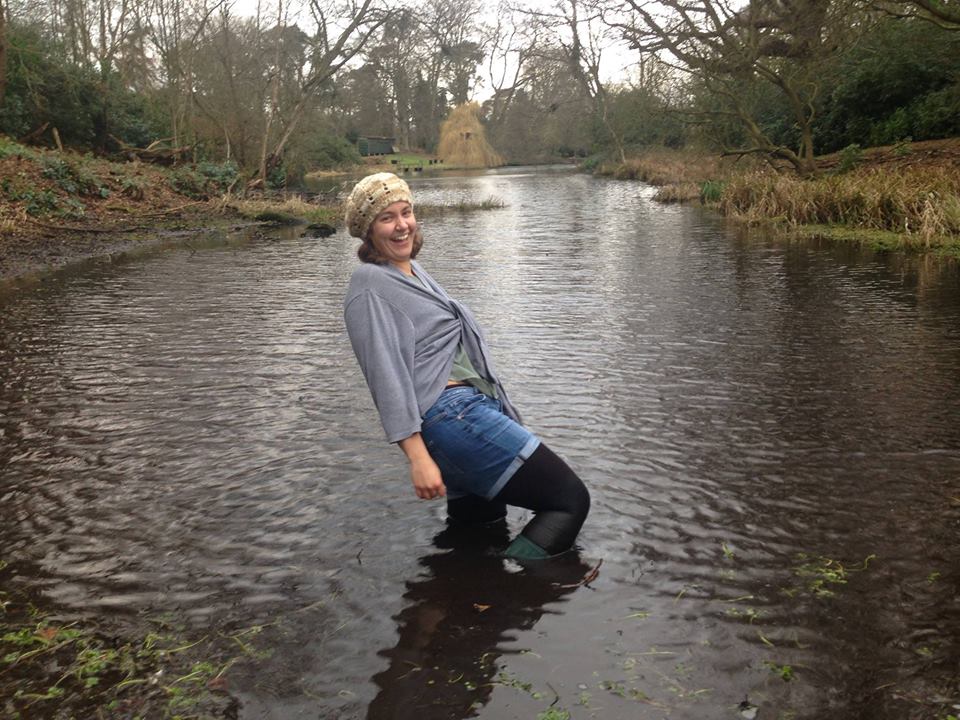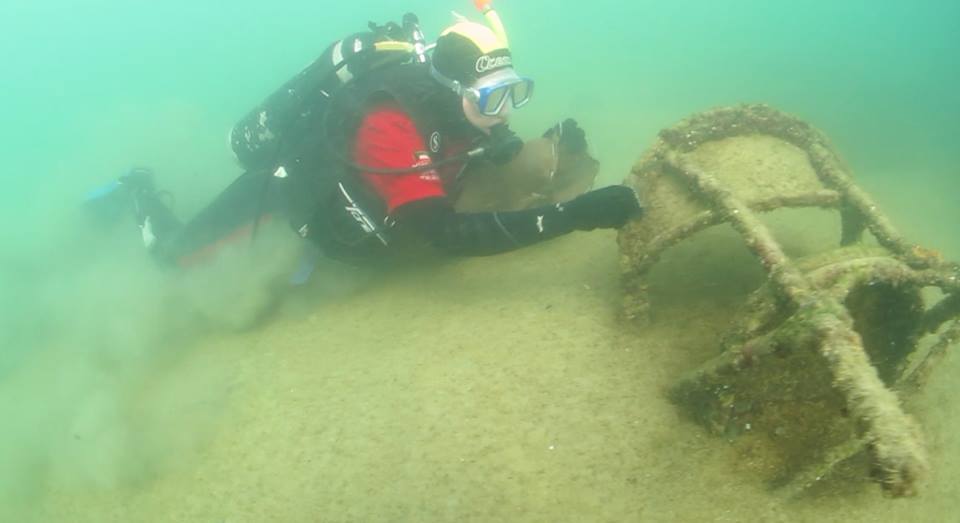Rebecca L. Farnum is a 2012 EPA Marshall Scholar exploring discourses of environmental conflict and cooperation, particularly around food and water resources in the Middle East and North Africa, under the supervision of Drs Naho Mirumachi and Alex Loftus. Becca has completed an LLM in International Law focused on environmental and human rights law at the University of Edinburgh and holds an MSc in Water Security and International Development from the University of East Anglia. She graduated in May 2012 from Michigan State University with degrees in anthropology, interdisciplinary humanities, international development, and international relations. Her senior honors thesis explored “Food and Water as the Middle East and North Africa’s ‘Coal and Steel’: Regional Economic Integration and Peace Prospects.”
In her undergraduate years, Becca cofounded MSU’s Campus Interfaith Council and worked with Students for Peace and Justice and the MLK Diversity Committee. Summer 2011, she worked at The White House in First Lady Michelle Obama’s Correspondence Office. Today, Becca serves as an International Board Member for Dorm Room Diplomacy, an organisation building relationships between international undergraduates through online videoconferences, and as the Founding Secretary of the AMEND Fellows, the American Middle Eastern Network for Dialogue based at Stanford University.
Becca’s PhD research at King’s considers environmental conflict and cooperation in the Middle East and North Africa. She is working to theorise the growing trend of ‘environmental peacebuilding’, the idea that natural resources can be used as an avenue to bridge cultural and political tensions. Her work is rooted in a feminist political ecology approach to understanding human geography, examining the complex power dynamics of political, economic, and social factors as they relate to environmental resources.
Advocates for environmental peacebuilding believe that environmental resources can be used as a mechanism in bringing groups together. Shared protection schemes for threatened but vital resources, agreements over drilling regulations in transboundary water sources, and maintaining parks near borders can all open the door to cooperation. Peoples and governments in conflict who have a difficult time sitting down to discuss historically sensitive issues may be able to engage each other over shared environmental needs. If approached correctly, this environmental cooperation can lead to stronger relationships and pave the way for further peace initiatives.
Environmental peacebuilding is a fairly new concept, not well developed in the literature, but it is growing in prominence. United Nations projects around the world are beginning to consider the role of natural resources in peacebuilding. Organisations such as EcoPeace and the Arava Institute use the rationale of environmental peacebuilding to inform many of their programmes.
Becca’s research considers these and other case studies of environmental peacebuilding across the region. Her work on enviromental peacebuilding seeks to inform the debate over environmental determinism and social constructivism by examining:
- Can environmental resources, including food and water, be mechanisms not of conflict but of cooperation?
- Do policy and media discourses of a “securitised” environment help or hinder environmental peacebuilding and cooperation?
- How do conflict and cooperation around food and water coexist? Is all environmental conflict bad? Is all environmental cooperation good?
- How can we better utilise local examples of environmental peacebuilding to critically inform national and regional policies around environmental resources?
Becca has just completed six months of primary fieldwork in the Middle East and North Africa. November and December 2015 was spent in Morocco learning more about Dar Si Hmad’s fog-harvesting project. She spent January and February in the Gulf partnering with the Kuwait Dive Team on marine conservation and ‘diving diplomacy’ initiatives. Becca is now finishing up her time in Lebanon, where she consulted with the Media Association for Peace on their Media, Peace and Environment Program and helped developed the concept of ‘environmental peace journalism’.
Becca first encountered King’s Water during her time at the University of East Anglia when she served as a volunteer for the Sixth International Workshop on Hydro-Hegemony organised by the London Water Research Group. It was her work with Naho Mirumachi and Alex Loftus at that and subsequent LWRG events that persuaded Becca King’s Water was the right place for her doctoral work. Today, Becca serves as Research Assistant to King’s Water and was a co-organiser of the Eighth International Workshop on Hydro-Hegemony.
Around London, Becca enjoys partnering with Widening Participation initiatives to encourage marginalised young people to raise their educational aspirations. She teaches with The Brilliant Club, a national charity placing doctoral researchers in non-selective state schools to teach university-style tutorials to small groups of students. The model works by giving young people a taste of what university teaching and learning is like while providing PhD students with development opportunities. In addition to her work directly in schools, Becca has taught at King’s K+ Summer School. She also partners with Norfolk County Council to teach on environmental education residential programmes at Holt Hall.
Becca’s three words of water:
Food
Peace
Life
Connect with Becca on Twitter via @BeccaFarnum. For more details, check out her website at rebeccalfarnum.com.
For more about research opportunities with King’s Water, check out our website. To keep up to date, follow us on Twitter!


Comments are closed.